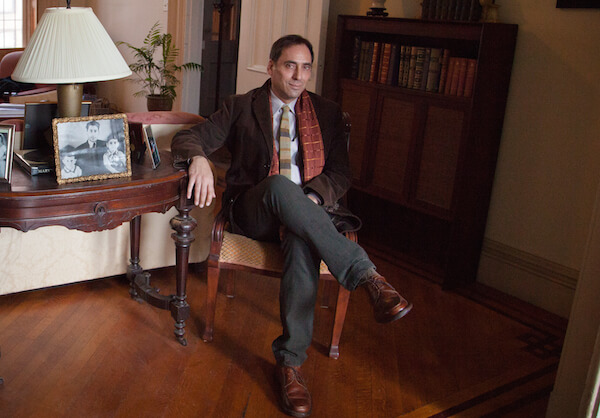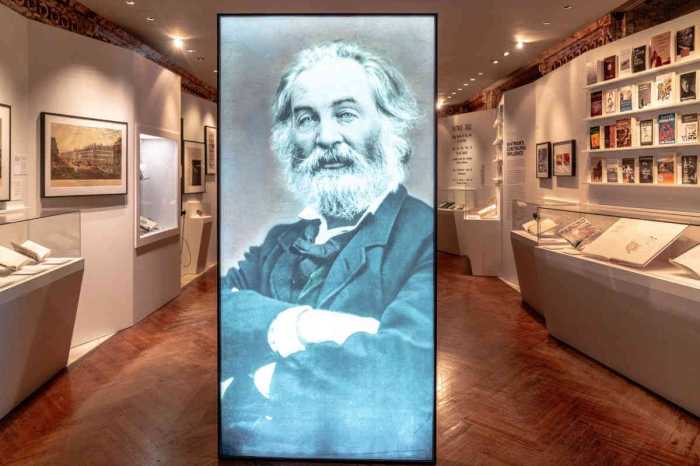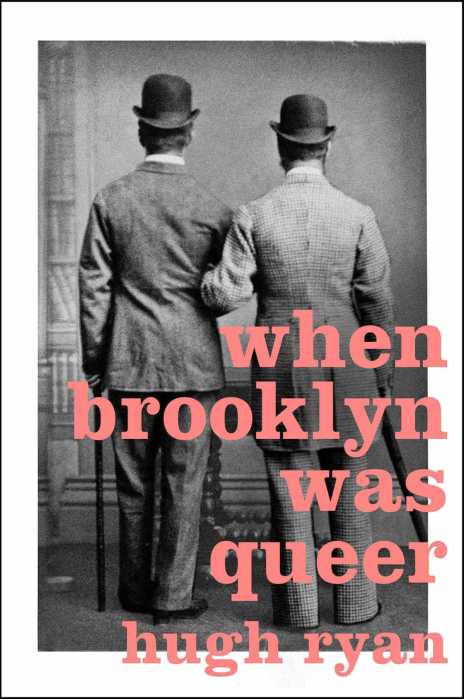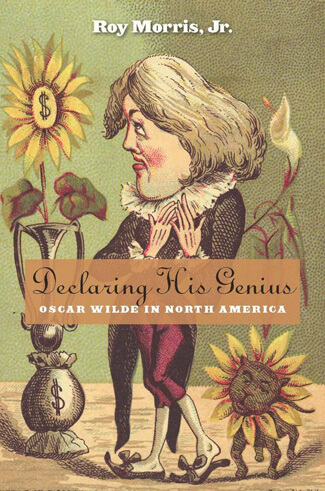BY CHRISTOPHER MURRAY | The son of a Vermont Yankee father and a Brooklyn mother of Italian and Lebanese background, composer Dave Hall was recently quoted saying that despite being an “extremely proud” Arab American, “I always found it much easier to come out as gay than as Arab.”
Meeting at a coffee shop in Clinton Hill –– Hall, too, now lives in Brooklyn –– on a sunny afternoon a few weeks ago, he talked to Gay City News about some of his most recent work, in which he explores identity and its links to places and passions. “Songs of Boyhood” and “Songs of Brooklyn,” produced for Hall’s own independent Row House Records label, are available on CD Baby and iTunes, and, now that it’s October, are also getting exposure on several LGBT History Month Playlists.
“We decided to release them together as they were somewhat similar, they are both song cycles, and they were both concert works I had composed, linked thematically,” he explained. “For ‘Songs of Boyhood,’ I ending up thinking a lot about the nature of growing up, how we find ourselves, and what happens over the course of the record, in a nonlinear way, is a boy’s journey into a young man, and into a young parent.”
Dave Hall, gay Arab American, reflects on youth, democracy
“Songs of Boyhood” was influenced by Hall’s memories from his youth upstate.
“I composed ‘Songs of Boyhood’ first,” he said. “I was spending some time in the Hudson River Valley where I grew up, and the vistas, the air, and the local accent really brought up a lot of memories of my childhood. I started writing down little poems, walking down railroad tracks, climbing around an abandoned saw mill in Saugerties. Just the foundation was left along a creek. Looking back at these types of things, they seemed sort of representative of experiences of all American boys growing up.”
“Songs of Brooklyn,” arranged for piano and cello (“Boyhood” uses a string quartet), has tracks like “Mermaid Parade,” “Gowanus,” and “Battle of Brooklyn”.
Hall’s sense of social justice is subtly interwoven into his music. A song of his from the late ‘90s imagined a gay marriage (“Biff ‘n Tony’s Wedding”), and some of the pieces in “Songs of Brooklyn” harken back in feel to Walt Whitman.
“Not that I modeled the cycle on him, but he’s such a great Brooklyn poet, so there is a bit of an homage there,” Hall explained. “He captures such a great sense of democracy, a working people’s democracy. As I moved around the neighborhoods, I thought about the state of democracy that some people feel is in danger these days.”
A particularly powerful, blues-inflected song, “Weeksville” is a tribute to freedom in what was the first free black township in New York State, now a part of Crown Heights.
Up next, Hall is working on adapting his concert and web series of musical vignettes, “Darkened City,” into a theater piece. And, with screenwriter and playwright Tim Sulka, he is at work on a musical television series project with updated fairy tales.
Hall finds support for his musical career from his life partner of 25 years –– and manager –– Joe Romano, whom he met at a gay runner’s club.
Hall studied classical composition at the Manhattan School of Music and cites everything from Italian opera and Cat Stevens to his mother’s beloved Lebanese folk music as influences.
“I’ve dealt with stereotypes before,” Hall has written. “Arab-Americans are used to tired Hollywood images — the enslaver of virgins, the ardent lover (maybe I can live with that one), and, lately, the terrorist. But before when we encountered such caricatures, we could roll our eyes and keep eating our popcorn… Now, it’s all questions, like: how do you feel about suicide bombings? Is terrorism part of your culture? How do you feel about violence against gays in the Middle East?”
Hall spoke movingly about his experiences as a volunteer just after 9/11, answering the phone at an Arab-American family center in Brooklyn and encountering people’s fear of reprisals as well as some thuggish prejudice.
“Arabs have brought into the world an extraordinary number of things I’m proud of,” he said. “A very brief list would include algebra, geometry, coffee, orange juice, sherbet, newspapers, the guitar, Kathy Najimy, and my mom. You’d like my mom. She taught me tolerance She’s proud of me as a musician and as a gay man. She makes a really mean tabbouleh.”
Go to davehallmusic.com for more information.





































